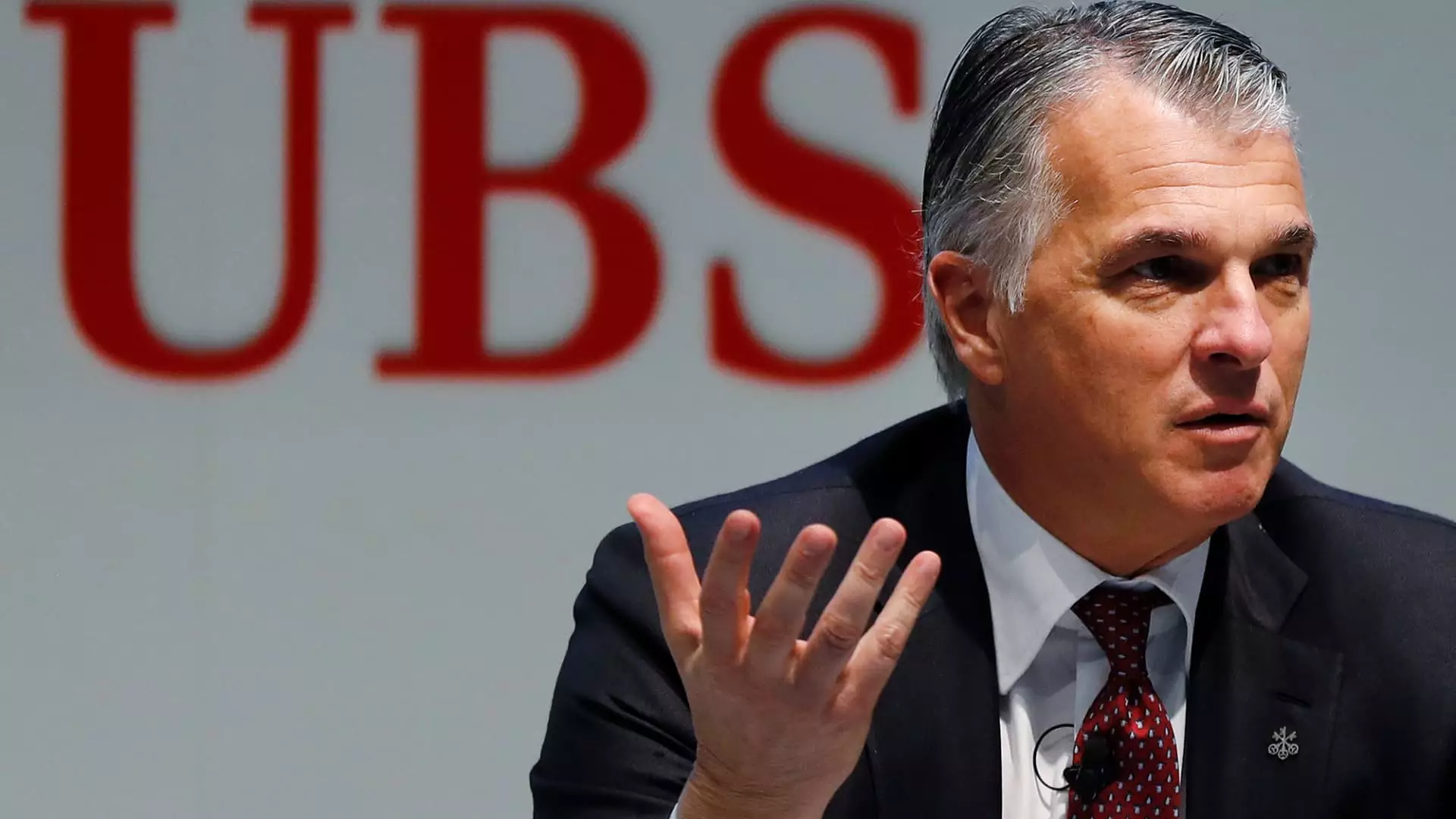UBS CEO Sergio Ermotti recently expressed concerns about the potential intensification of market volatility in the second half of the year. While global equities experienced sharp sell-offs due to weak economic data from the U.S., Ermotti does not believe that the country is necessarily heading into a recession. However, he did acknowledge the possibility of a slowdown.
One of the primary factors contributing to increased market volatility is the uncertainty surrounding the U.S. presidential election in November. Political events, combined with geopolitical tensions and macroeconomic uncertainties, have created a fragile environment in the financial markets. Ermotti emphasized the need for caution, as these elements could lead to heightened volatility in the coming months.
Central banks around the world are facing pressure to adjust their monetary policies to combat the economic challenges brought on by slowing growth. The Federal Reserve is expected to cut rates by at least 50 basis points this year, with traders split between a 50 and 25 basis point cut at the next meeting in September. Other central banks, including the European Central Bank and the Bank of England, have already announced rate cuts in response to economic uncertainties.
Despite the potential risks associated with increased market volatility, some experts view this environment as an opportunity for financial institutions like UBS to capitalize on trading income. Bruno Verstraete, founder of Lakefield Wealth Management, highlighted the positive aspect of volatility for UBS, as it can lead to higher trading activity and potential profits.
The anticipation of heightened market volatility in the second half of the year poses challenges for the global economy. While concerns about a recession persist, there are opportunities for financial institutions to navigate through uncertain times and capitalize on trading activities. Central banks play a crucial role in stabilizing the economy through monetary policy adjustments, but the future remains uncertain as geopolitical tensions and economic factors continue to influence market dynamics.


Leave a Reply